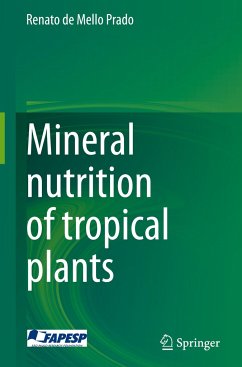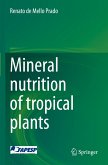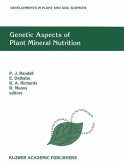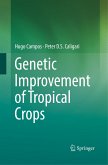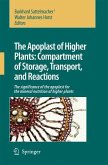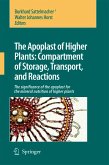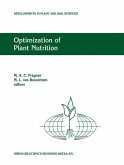This textbook aims to describe the role of minerals in plant life cycle; how these nutrients are absorbed, distributed, stored; what functions each mineral plays and the disorders that their excess or absence may cause. From an agronomic perspective, such knowledge is key to boost crop production and improve its quality, and it also helps understand how to better manage fertilizers and prevent environmental issues. The book has focus on tropical agriculture and its specific demands, providing examples of major crops (such as sugarcane, soybeans, coffee etc), silviculture and pasture species.
Bitte wählen Sie Ihr Anliegen aus.
Rechnungen
Retourenschein anfordern
Bestellstatus
Storno

